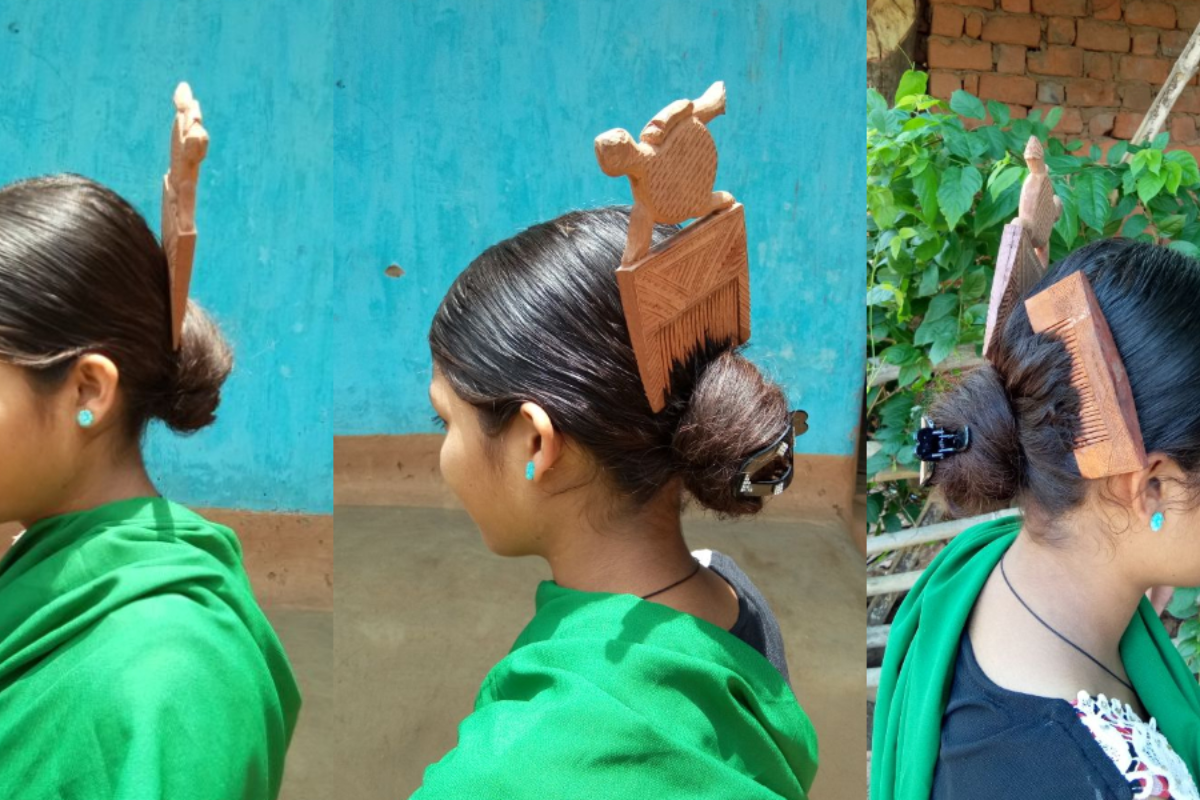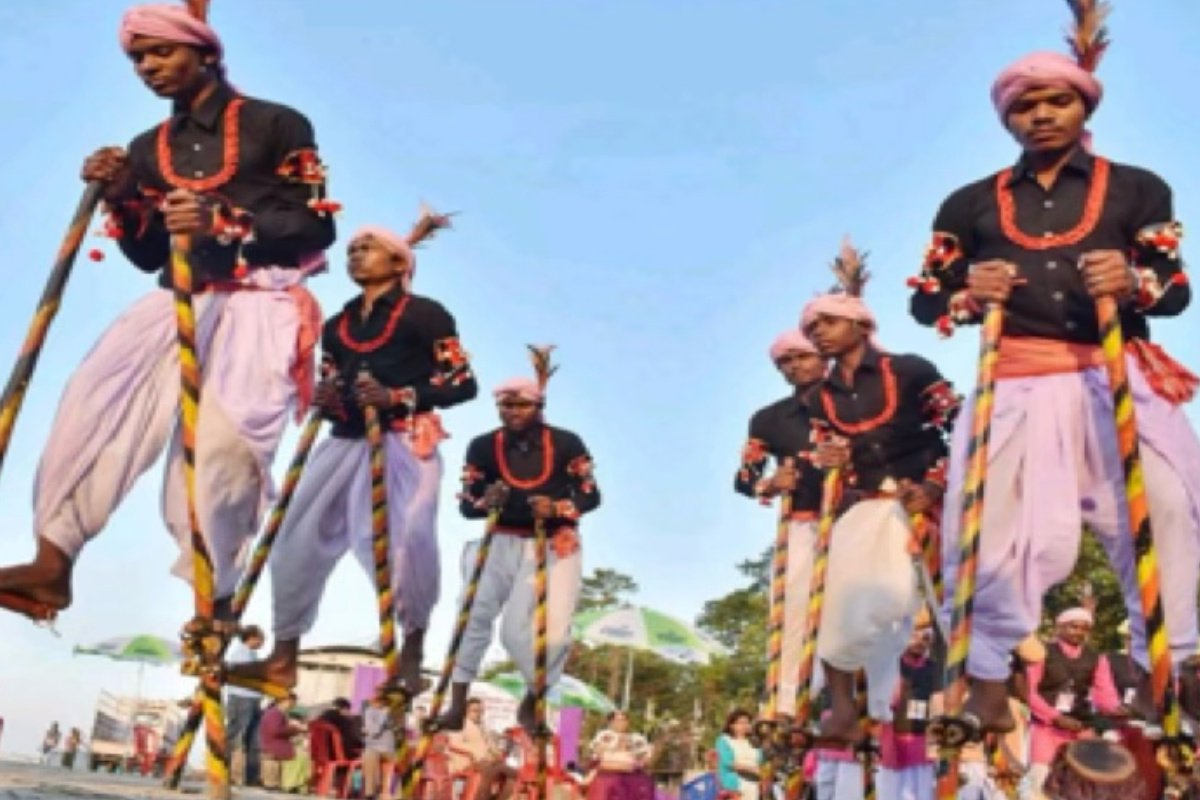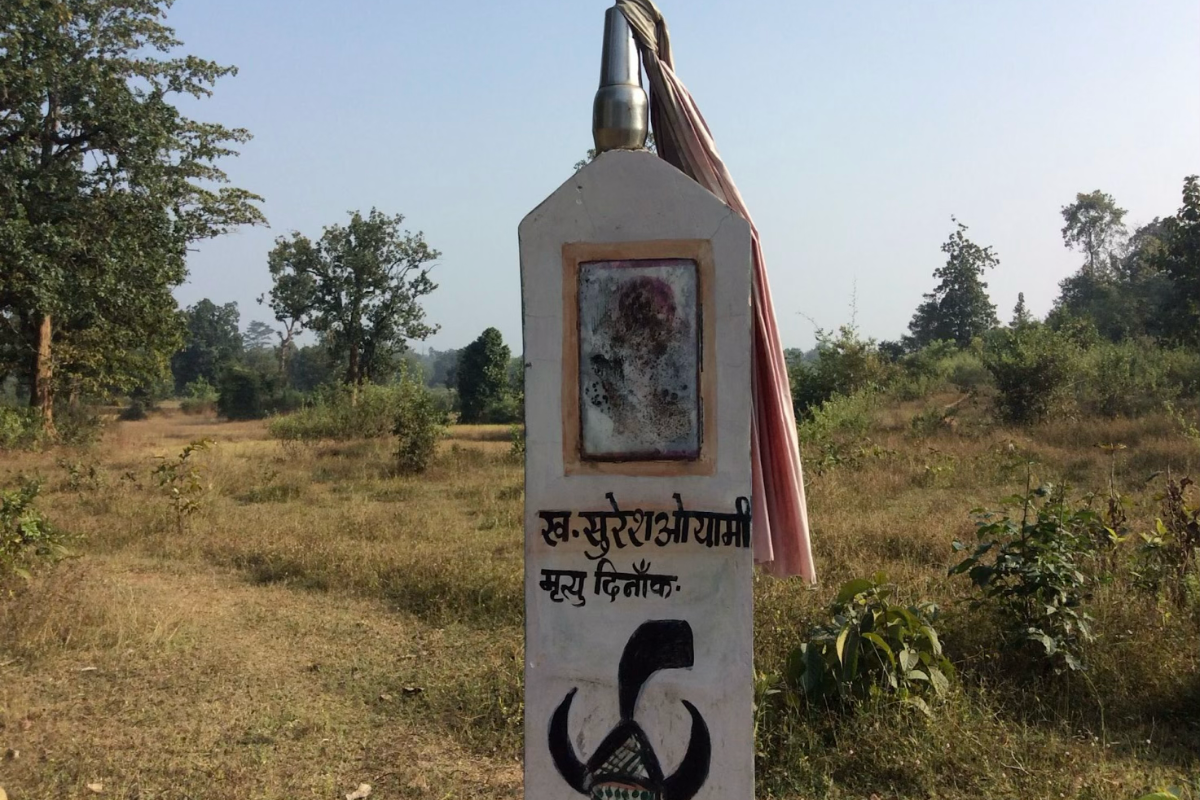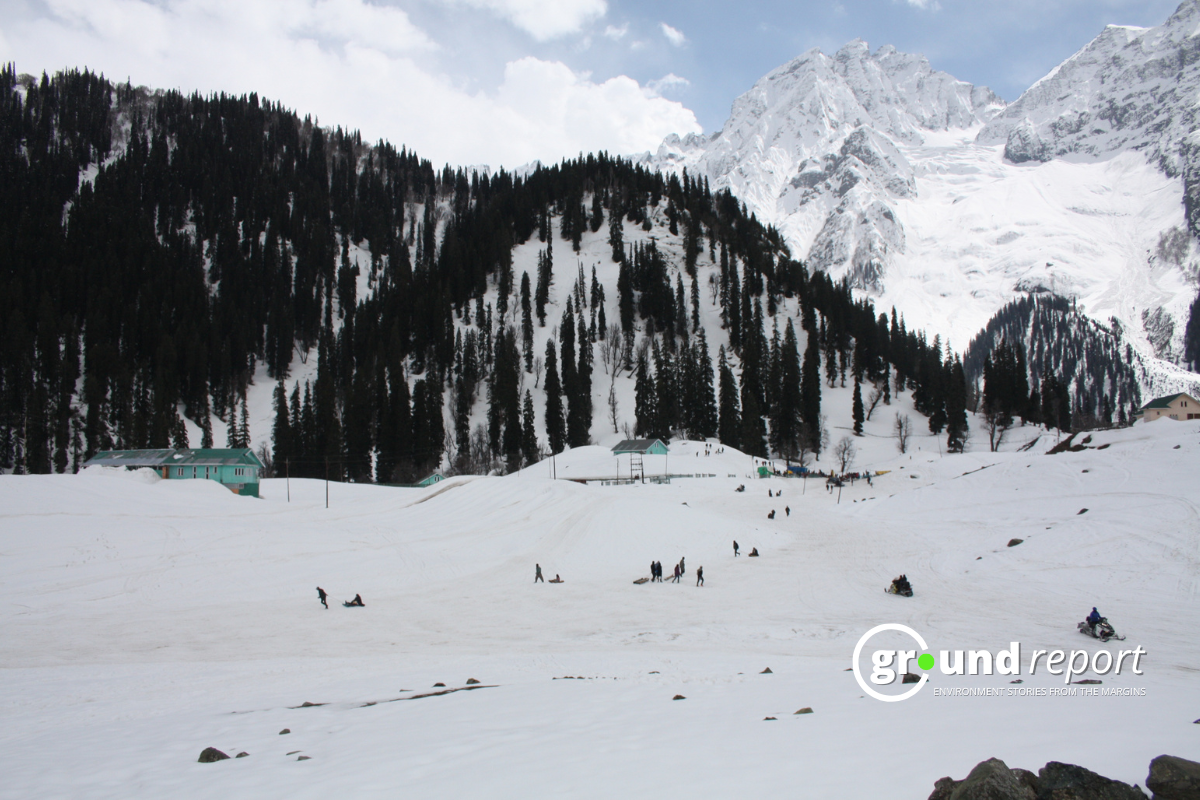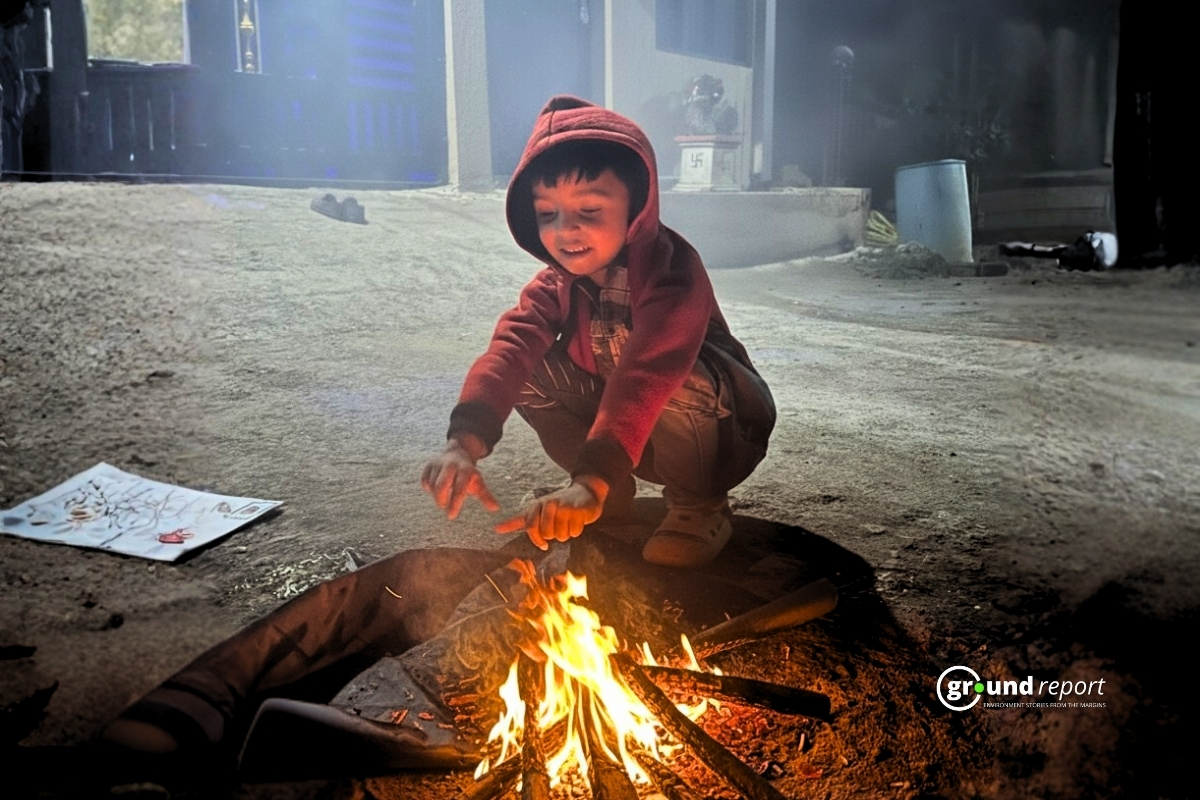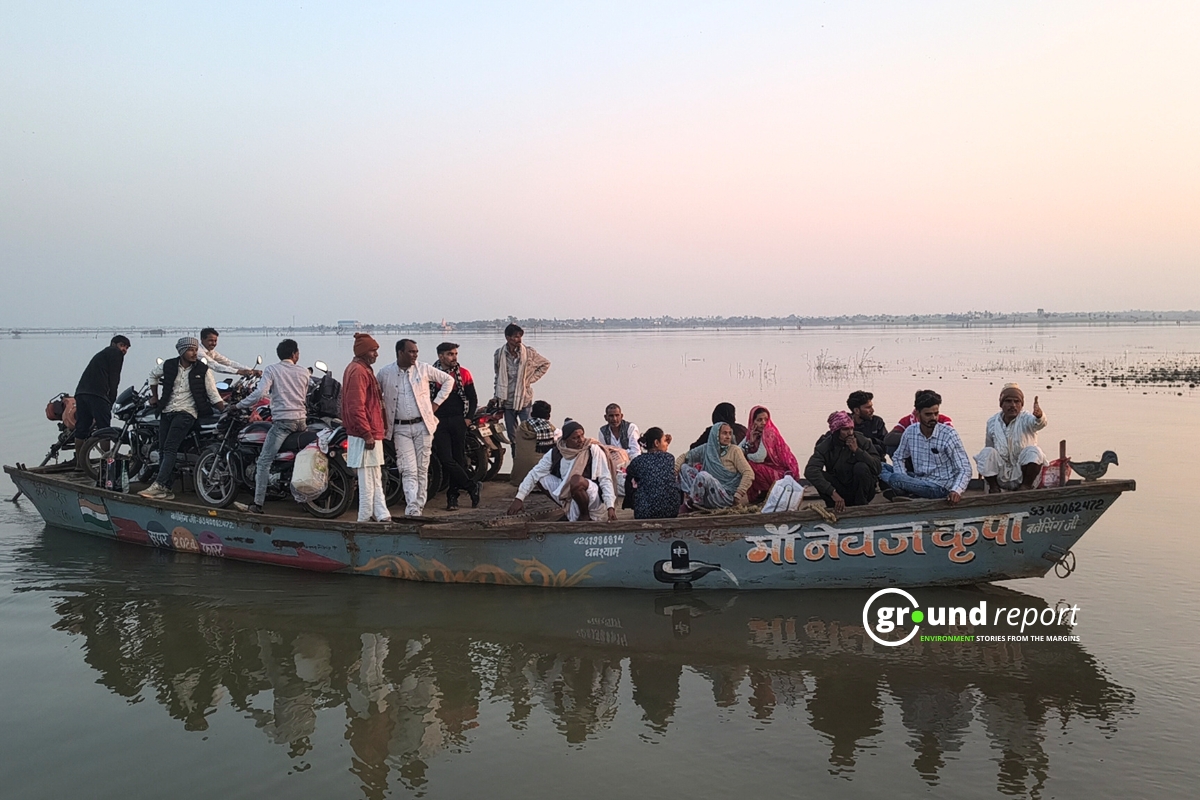Politics and elections have been a staple in our homes. Kavya and I became best friends in 8th grade, sharing more than just a classroom as both our fathers were Delhi government employees. Kavya’s father worked for the Delhi Jal Board, while my father served in Education, Tourism, Hospitality, Sales Tax etc. We bonded over our common experiences, including the challenges and fears we faced during election seasons when our fathers were absent, dedicated to ensuring fair elections.
Election duties started months in advance with rigorous training sessions. These responsibilities were daunting, with our fathers, like every government staff, working tirelessly. The Election Commission of India (ECI) is strict, and every government employee could be assigned election duty, facing high stakes and intense scrutiny. A single mistake could have severe consequences and mounting pressure.
Their narrative deepens with understandings from Manan, a Ministry of Science and Technology (S&T) official in Delhi, who shares firsthand accounts of the demanding nature of election duty.
“I’ve participated in almost every election, whether Municipal, Vidhan Sabha, or Lok Sabha, and I can say that doing election duty is one hectic task,” he reflects.
His words repeat the sentiments of countless government employees who grapple with the immense pressure and nonstop work inherent in the electoral process.
“Elections might seem like a one-day event, but behind the scenes, government employees work tirelessly,” Manan continues. “Sector officers, for instance, work with SDMs for over a month, and polling officers conduct the election, which involves 48 hours of nonstop work.”
His testimony underscores the arduous efforts undertaken by officials to ensure error-free elections, often at the expense of their own well-being.
Our fathers had diverse duties, from fieldwork to managing polling stations, each with its own challenges. They would come home exhausted, recounting their struggles. “Our top priority is error-free elections,“ they’d say. Field duties involved travelling to remote and unfamiliar areas, going door-to-door where they were not always welcomed. The toll was significant, impacting their well-being and ours. Despite being neglected by the government, my dad stayed motivated. From my perspective (Kavya), my dad strongly believed in serving people and making things happen during elections.
Polling officers faced unique challenges in ensuring voting process safety and integrity. The film “Newton” vividly depicts their plight in Naxalite-affected areas with little to no training, risking their lives for safe elections.
“Elections might seem like a one-day event, but behind the scenes, government employees work tirelessly,” says Manan.
Our fathers faced unpredictable and isolated assignments, often sleeping at polling stations to guard voting machines and handing them over to police officers. Without mobile phones, communication was nearly impossible, leaving us and our mothers in constant worry. The fear for their safety was palpable, a shadow over our lives during election periods. Many sleepless nights have given us nightmares about election duties.
“Sector officers work with SDMs for over a month, and polling officers conduct the election, involving 48 hours of nonstop work. This means being sleep-deprived, exhausted, and stressed about making the election run smoothly,” recounted Manan.
I think, seeing our dads made us understand the complexities of election duties and question why enough resources were never spent to meet the basic necessities of employees and volunteers during election duties? Just a 25% from the carnivals held by political parties could meet more needs than they have ever fathomed.
This experience was not unique to us. Even today, government officials across the country face numerous challenges while conducting elections, particularly in rural areas where conditions can be even more difficult.
“It’s even more challenging for women, as most polling booths are in government buildings or schools that often lack necessities like washrooms, clean water, or sometimes even electricity,” shared Manan.
Despite their hard work, many citizens take their right to vote for granted, opting to stay home rather than participate in the democratic process.
In recounting these personal experiences and those of others, we aim to highlight the immense effort and dedication of government officials in ensuring fair elections. Their sacrifices often go unnoticed, but they are the backbone of our democracy, working tirelessly to protect our right to vote.
It’s time we recognize and appreciate their contributions and the true cost of maintaining a free and fair electoral process. They walk on the toughest tightrope mostly leaving behind families that await their safe and stress-free returns.
Author: Kavya Kamal (Content writer currently based in Trivandrum) and Ramandeep Kaur (Development Professional in Social sector)
Follow Ground Report for Environmental News From India. Connect with us on Facebook, Twitter, Koo App, Instagram, Whatsapp and YouTube. Write us on GReport2018@gmail.com and subscribe our free newsletter.
Don’t forget to check out our climate glossary, it helps in learning difficult environmental terms in simple language.

